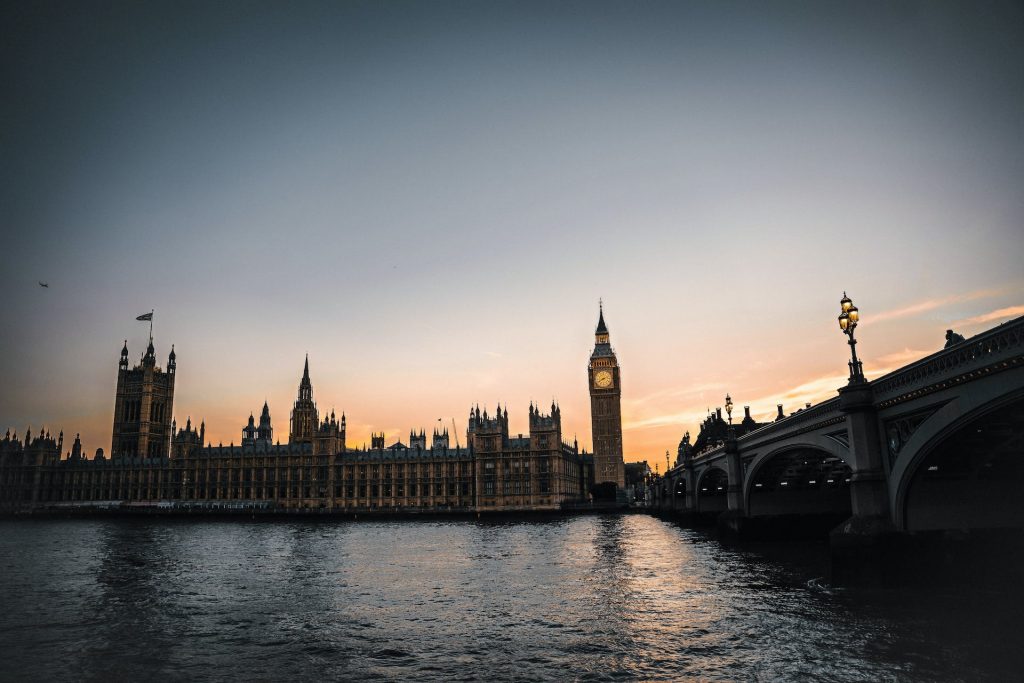Water bills have been making headlines recently due to increasing charges, but customers might get some respite soon as suppliers could be forced to lower their fees to compensate for their poor performance over recent months.
Sky-high prices
Thames Water is just one of the suppliers that have shocked customers lately, after revealing plans to raise bills in 2025 by as much as 59 per cent.
This increase would see the average household water bill rise by £228, though business customers with much greater water demands will experience higher increases in their monthly costs.
The company has argued that the price rise is needed to help it upgrade its infrastructure. This will enable it to repair leaky pipes, mend outdated sewage systems, and provide a better service to customers.
Sir Adrian Montague, chairman of Thames Water, stated: “After decades of focusing on keeping bills low, now is the time for difficult choices.”
He added: “It’s the responsibility of the company, our regulators and the government to seek solutions in the best interests of customers and the environment.”
Thames Water wants to spend up to £23.7 billion on the upgrades, which include reducing wastewater and improving water quality.
It aims to provide customers with a reliable supply of water with minimal disruption; replace 570 km of water mains; replace 54,000 lead pipes; upgrade 150 km of sewers to reduce the risk of sewer collapses; and lower sewage floods by up to 16 per cent.
The improvements will also include providing 647,000 customers with meaningful support with their water bills and enhancing digital infrastructure to speed up customer resolutions.
It states the money will reduce storm overflows by 34 per cent; cut pollution incidents by 30 per cent; increase the health of the River Thames; reduce leaks by 21 per cent; lower water use per person; save customers money; and ensure water security for the future.
While the intentions are good, it is more than double the price increase energy regulator Ofwat accepted earlier this year, capping the growth at 23 per cent.
Water providers to issue refunds
Instead, Ofwat has now told water suppliers they need to issue refunds as opposed to increasing their bills.
This, it argues, is due to general poor performance and regularly missing targets concerning pollution and water leaks.
Thames Water will have to make the largest refund to customers, paying back £56.8 million. This will automatically be taken out of 2025-2026’s bills, meaning next year’s fees could be slightly lower due to this rebate.
Anglian Water will need to pay back £38.1 million; Yorkshire Water owes customers £36 million; and Southern Water will offer a refund of £31.9 million.
Although this amount of money seems significant, when it is divided between all the suppliers’ customers, it only amounts to a small reduction in their monthly bills.
At the same time, plans are still in place to increase charges over the next few years to pay for these important infrastructure investments, which will reduce pollution and cut down on water wastage.
Paying for improvements
The cost-of-living crisis, the reduction in spending and the subsequent strain on businesses means that many companies would welcome a reduction in their water bills.
However, Water UK, the industry’s trade body, has argued that reducing charges would have a negative impact on infrastructure development.
Its chief executive David Henderson wrote in a letter that was revealed to Sky News: “Without change, new homes will be blocked, the recovery of our rivers will be slower and we will fail to deal with the water shortages we know are coming.”
He stated: “Ofwat’s proposed cuts would delay plans to reduce leaks, sewage discharges and service failures.”
It was added that it would be “increasingly unachievable” to improve water quality in the UK, enhance customer service, and reduce sewage outflows without this financial investment.
Mr Henderson also argued that it will “reduce the UK’s attractiveness to international investment”, further perpetuating the problem.
This will also mean water suppliers will waste a considerable amount of money paying fines for sewage leaks and water waste from leaking pipes.
With huge water suppliers at risk of going into administration, they cannot afford to keep losing money this way.
Indeed, Thames Water has been put under special measures and it requires £3.3 billion if it does not want to run out of money completely. Therefore, it might have no choice but to increase customers’ bills if it wants to stay afloat.
This could be the right time for companies, therefore, to consider switching water suppliers to find the best offer around.



